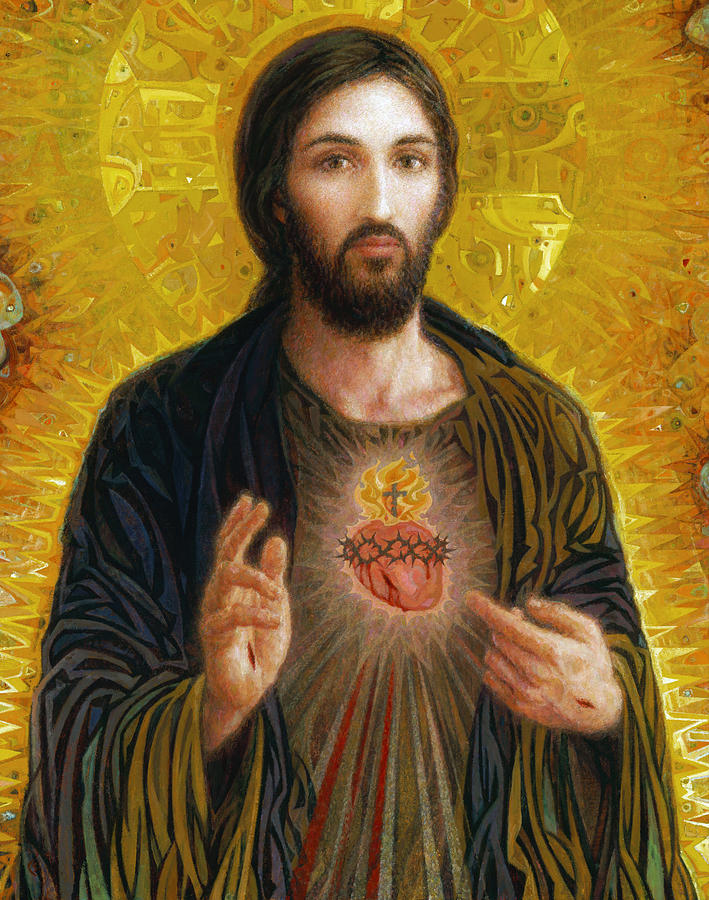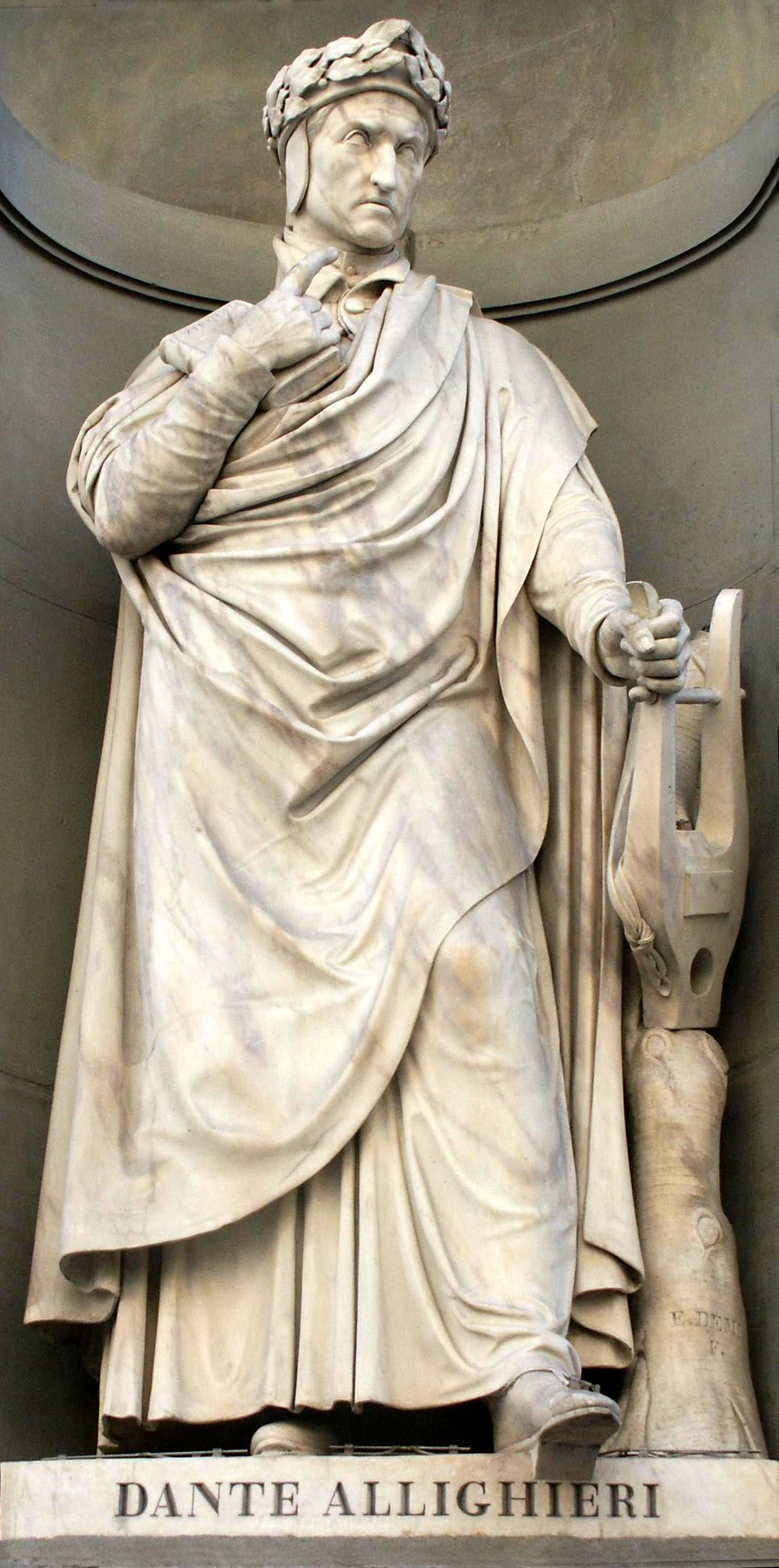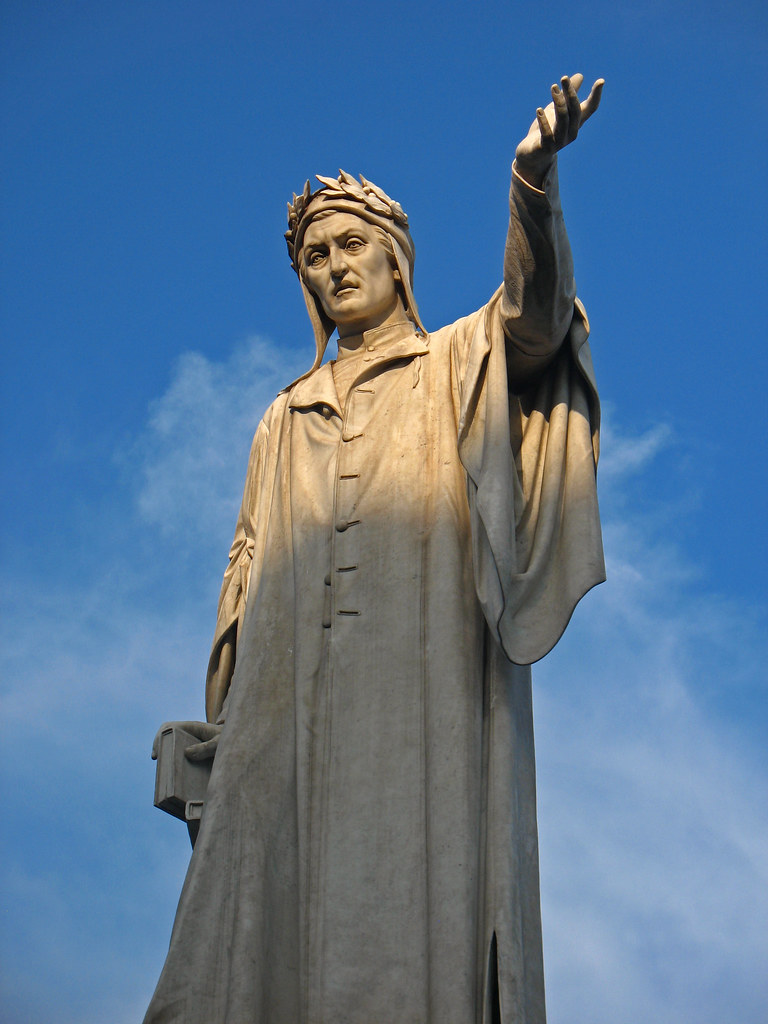In
my last post I mentioned I wanted to celebrate the 750th anniversary
of Dante Alighieri’s birth. I also mentioned there that the exact day of
Dante’s birth is unknown, but from a reference in The Divine Comedy we know he
was born under the sign of Gemini, and therefore we can bracket from May 11th
to June 11th.
The
celebrations in Italy for the occasion must have been stunning. Both a the actor Robert Begnini and an
emissary for the Pope spoke in honor of the great Italian poet in the Italian
parliament. From the English version of
the Italian news, ANSA.
(ANSA) - Rome, May 4 -
Oscar-winning actor Roberto Benigni received a standing ovation Monday as he
read from Dante in the Italian Senate and Pope Francis praised the medieval
poet as a "prophet of hope" as the nation marked the 750th
anniversary of his birth.
Benigni received a standing ovation after
his reading from Dante's Divine Comedy in the Upper House of parliament, which
was attended by President Sergio Mattarella and broadcast live to the nation by
state-run RAI radio.
The program also included a new musical
homage to the poet by renowned composer Nicola Piovani.
The pope's message said that Dante's works
announced the "possibility of redemption and liberation" for humanity
with his works that affirmed the love of God and the hope for a new life.
Cardinal Gianfranco Ravasi delivered the
pope's message that described Dante as "one of the most illustrious
figures of all humanity".
The pope's message added the Florentine was
an "artist of the highest universal values who still has much to say and
to give through his works (to those who are) willing to follow the way of true
knowledge, the discovery of self and the world".
Benigni, who read from the XXIII canto of
Dante's Paradiso, said: "The Divine Comedy is a miracle, a work whose
beauty takes your breath away".
The
article goes on to say that 187 events will occur across Italy in commemoration
of his birth, and another 173 outside of Italy by Italian cultural
institutes. I wonder if any will occur
here in New York City since we have such a large Italian-American
population.
So
how should I commemorate the occasion?
Let’s start with the first 39 lines of that Paradisio Canto XXIII that
Benigni read. This is the spectacular moment
that Dante the character sees Christ, the light of the world. I’ll copy over from the Princeton Dante Project which includes the Hollander and Hollander translation. I’ll post the Italian and the English side by
side.
Come l'augello, intra
l'amate fronde, 1 As the bird among the leafy branches that she loves,
posato al nido de' suoi
dolci nati 2 perched on the nest with her sweet brood
la notte che le cose ci
nasconde, 3 all through the night, which keeps things veiled from us,
che, per veder li aspetti disïati 4 who
in her longing to look upon their eyes and beaks
e per trovar lo cibo onde
li pasca, 5 and to find the food to nourish them --
in che gravi labor li
sono aggrati, 6 a task, though difficult, that gives
her joy --
previene il tempo in su aperta frasca, 7 now,
on an open bough, anticipates that time
e con ardente affetto il
sole aspetta, 8 and, in her ardent expectation of the sun,
fiso guardando pur che
l'alba nasca; 9 watches intently for the dawn to break,
così la donna mïa stava eretta 10 so
was my lady, erect and vigilant,
e attenta, rivolta inver'
la plaga 11 seeking out the region of the sky
sotto la quale il sol
mostra men fretta: 12 in which the sun reveals less haste.
sì che, veggendola io sospesa e vaga, 13 I,
therefore, seeing her suspended, wistful,
fecimi qual è quei che
disïando 14 became as one who, filled with longing,
altro vorria, e sperando
s'appaga. 15 finds satisfaction in his hope.
Ma poco fu tra uno e altro quando, 16 But
time was short between one moment and the next,
del mio attender, dico, e
del vedere 17 I mean between my expectation and the sight
lo ciel venir più e più
rischiarando; 18 of the sky turned more and more
resplendent.
e Bëatrice disse: "Ecco le schiere 19 And
Beatrice said: 'Behold the hosts
del trïunfo di Cristo e
tutto 'l frutto 20 of Christ in triumph and all the fruit
ricolto del girar di
queste spere!" 21 gathered from the wheeling of these
spheres!'
Pariemi che 'l suo viso ardesse tutto, 22 It
seemed to me her face was all aflame,
e li occhi avea di
letizia sì pieni, 23 her eyes so full of gladness
che passarmen convien
sanza costrutto. 24 that I must leave that moment
undescribed.
Quale ne' plenilunïi sereni 25 As,
on clear nights when the moon is full,
Trivïa ride tra le ninfe
etterne 26 Trivia
smiles among the eternal nymphs
che dipingon lo ciel per
tutti i seni, 27 that deck the sky through all its
depths,
vid' i' sopra migliaia di lucerne 28 I
saw, above the many thousand lamps,
un sol che tutte quante
l'accendea, 29 a Sun that kindled each and every one
come fa 'l nostro le
viste superne; 30 as ours lights up the sights we see
above us,
e per la viva luce trasparea 31 and
through that living light poured down
la lucente sustanza tanto
chiara 32 a shining substance. It blazed so bright
nel viso mio, che non la
sostenea. 33 into my eyes that I could not sustain it.
Oh Bëatrice, dolce guida e cara! 34 O
Beatrice, my sweet belovèd guide!
Ella mi disse: "Quel
che ti sobranza 35 To me she said: 'What overwhelms you
è virtù da cui nulla si
ripara. 36 is a force against which there is no defense.
Quivi è la sapïenza e la possanza 37 'Here
is the Wisdom and the Power that repaired
ch'aprì le strade tra 'l
cielo e la terra, 38 the roads connecting Heaven and the
earth
onde fu già sì lunga
disïanza." 39 that had so long been yearned for and
desired.'
How
about a post some statues of Dante from across the world. Here is the most famous I think, from the UffiziMuseum in Florence, Italy, the city that banished
Dante during his lifetime.
I’ve
been there but I can’t remember the statue.
I do remember the one at the Uffizi.
Here
is one in Verona, Italy.
And
then one in Naples, Italy.
I
wonder if every city in Italy has a statue of Dante. Let’s come over to the United States and
there is this one in Washington, DC.
And
then there is this one in New York City.
This is off my personal camera. I
took it on Memorial Day when Matthew and I were on a bus. Unfortunately I couldn’t get a good angle,
and the bus was moving.
OK,
that didn’t really capture it. Sorry it was the best I could do from the bus. Here’s an
image of it off the internet.
Actually
it looks exactly the same as the one in Washington. So which do I like the best? I’d go with the one at the Uffizi.
Happy Birthday Dante!
















